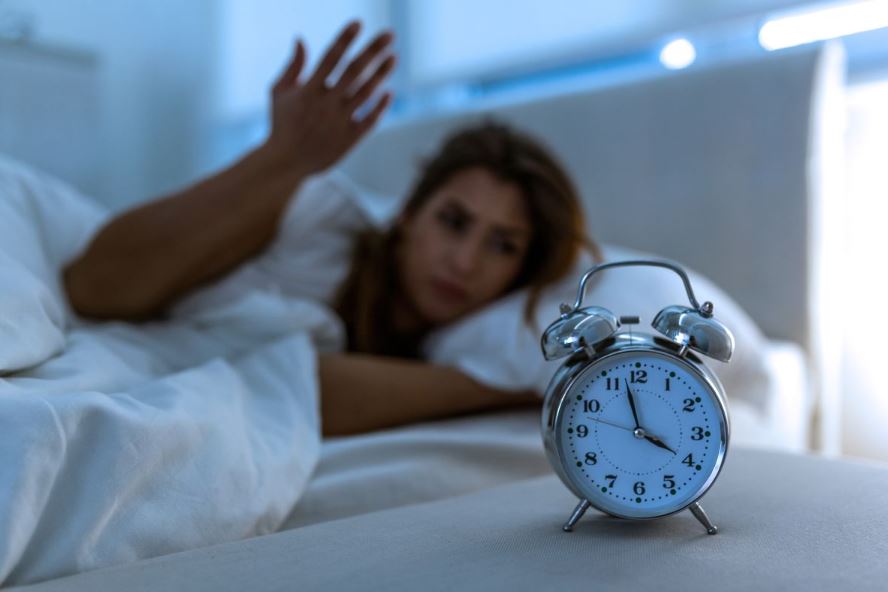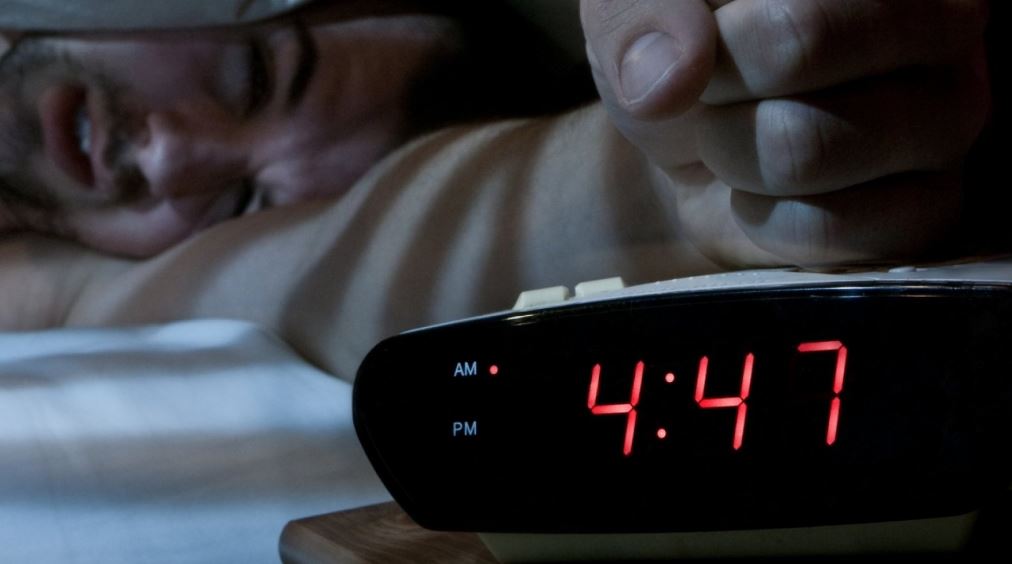
A sleep expert delves into the reasons behind frequent 4 a.m. awakenings and provides tips for ways to get a better night’s kip.

Have you wondered why you randomly wake up at 4 a.m.? While various theories, even supernatural ones, may circulate, the truth is often more straightforward and logical.
The question is tackled by Lisa Artis, the deputy CEO of The Sleep Charity. Teaming up with Simba mattresses, they aim to dispel common sleep myths.
When it comes to the frequent 4 a.m. awakenings, Lisa explained, 'We start to experience less deep sleep after around four to five hours".

If you typically go to bed around 11:00 pm, by 4:00 am, you may have just completed a deep sleep cycle and started transitioning into a more wakeful state. This makes it easier to be awakened during this time.
But that's not the sole factor influencing your waking patterns.
Your hormones could also play a role in keeping you up in the middle of the night.
Artis explained: “Sleep is guided by our internal clock or circadian rhythm. One of the most significant and well-known circadian rhythms is the sleep-wake cycle.
“Sleep is regulated by the levels of two hormones: melatonin and cortisol, which follow a regular 24-hour pattern.
“Melatonin assists you in dozing off, while cortisol helps get you up, and keeps you awake.”

To achieve a good night's sleep, you should maintain a proper hormone balance. So, it is recommended to relax before bedtime and avoid screens, as the blue light from devices can disrupt melatonin production.
Your diet also plays a big part in your sleep health. Consuming excessive sugar, alcohol, caffeine, heavy meals, and lacking magnesium and B vitamins can all have negative effects on your sleep.
Artis said: “It’s unlikely you’ll feel hungry in the middle of the night if your blood sugar dips,

“But to reduce ungodly hour awakenings, trial alternatives for your last meal or snack of the evening.
Instead of indulging in carbohydrate or sweet snacks, you can choose to consider foods that are high in protein and rich in magnesium. Some excellent options include hard-boiled eggs, cottage cheese, pumpkin seeds, spinach, dark chocolate, cashews, chicken thighs, or turkey.
Waking up at night can also be a problem, so try to reduce fluid consumption before bed. Age can be a factor, as sleep patterns and hormonal changes, such as menopause, vary with age




